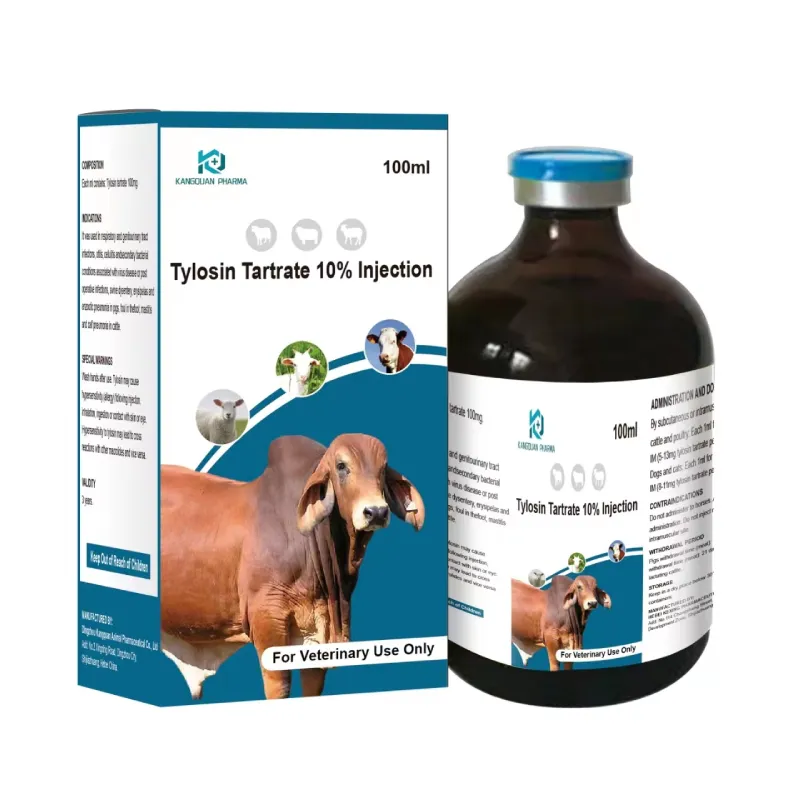- Afrikaans
- Albanian
- Amharic
- Arabic
- Armenian
- Azerbaijani
- Basque
- Belarusian
- Bengali
- Bosnian
- Bulgarian
- Catalan
- Cebuano
- Corsican
- Croatian
- Czech
- Danish
- Dutch
- English
- Esperanto
- Estonian
- Finnish
- French
- Frisian
- Galician
- Georgian
- German
- Greek
- Gujarati
- Haitian Creole
- hausa
- hawaiian
- Hebrew
- Hindi
- Miao
- Hungarian
- Icelandic
- igbo
- Indonesian
- irish
- Italian
- Japanese
- Javanese
- Kannada
- kazakh
- Khmer
- Rwandese
- Korean
- Kurdish
- Kyrgyz
- Lao
- Latin
- Latvian
- Lithuanian
- Luxembourgish
- Macedonian
- Malgashi
- Malay
- Malayalam
- Maltese
- Maori
- Marathi
- Mongolian
- Myanmar
- Nepali
- Norwegian
- Norwegian
- Occitan
- Pashto
- Persian
- Polish
- Portuguese
- Punjabi
- Romanian
- Russian
- Samoan
- Scottish Gaelic
- Serbian
- Sesotho
- Shona
- Sindhi
- Sinhala
- Slovak
- Slovenian
- Somali
- Spanish
- Sundanese
- Swahili
- Swedish
- Tagalog
- Tajik
- Tamil
- Tatar
- Telugu
- Thai
- Turkish
- Turkmen
- Ukrainian
- Urdu
- Uighur
- Uzbek
- Vietnamese
- Welsh
- Bantu
- Yiddish
- Yoruba
- Zulu
Nov . 06, 2024 01:14 Back to list
Tylosin Therapeutic Use in Swine for Enhanced Health and Growth Performance
Tylosin Injection for Pigs An Overview
Tylosin is a macrolide antibiotic commonly used in veterinary medicine, especially in the swine industry. Its primary applications revolve around the prevention and treatment of various bacterial infections in pigs, which can lead to significant economic losses for farmers. Given the importance of maintaining animal health in a commercial context, tylosin plays a vital role in enhancing pig production and ensuring the overall welfare of swine populations.
Mechanism of Action
Tylosin works by inhibiting bacterial protein synthesis, effectively slowing down the growth of bacteria. It is particularly effective against Gram-positive bacteria and some Gram-negative bacteria. By targeting the ribosomes of these pathogens, tylosin disrupts their ability to produce proteins necessary for survival and reproduction. This mechanism makes tylosin a crucial tool in managing infections that can compromise the health and productivity of pigs.
Indications for Use
Tylosin injection is indicated for treating various conditions in pigs, including respiratory diseases, enteritis, and other infections caused by susceptible bacteria. Common diseases in swine that may be managed with tylosin include swine pneumonia, porcine proliferative enteropathy (also known as ileitis), and other gastrointestinal infections.
In addition to treatment, tylosin is also used prophylactically in some cases. Farmers may administer tylosin injections to pigs that are at risk of infection due to stress from factors such as transportation, environmental changes, or weaning processes. The use of tylosin in such scenarios helps to minimize the likelihood of disease outbreaks and maintain herd health.
Administration and Dosage
Tylosin is typically administered through injectable solutions. The dosage and frequency of administration depend on the specific condition being treated and the severity of the infection. Veterinarians play a crucial role in determining the appropriate dosing regimen to ensure efficacy while minimizing potential side effects. It is essential to follow the manufacturer's guidelines and adhere to the veterinary recommendations to avoid underdosing or overdosing, which could lead to treatment failure or adverse reactions.
tylosin injection for pigs

Benefits of Tylosin in Swine Production
One of the primary benefits of incorporating tylosin in pig management strategies is the improvement in overall animal health. Healthy pigs grow faster, have better feed conversion rates, and result in enhanced production efficiency. This efficiency translates directly into economic benefits for producers, as it decreases mortality rates and reduces the need for more expensive treatments related to severe infections.
Moreover, tylosin's effectiveness in controlling specific diseases can lead to improved meat quality. Healthier pigs yield better carcass grades, which is a vital aspect for meat processors and consumers alike. Ultimately, tylosin injections contribute to a more sustainable swine production system by ensuring that pigs are reared in healthy environments, thus meeting the increasing consumer demand for high-quality pork products.
Concerns and Considerations
While tylosin has proven beneficial in swine production, it is not without concerns. The overuse of antibiotics in livestock has raised public health issues, particularly regarding antibiotic resistance. As bacteria become resistant to antibiotics, there is a risk of these resistant strains entering the human food chain. Therefore, responsible use of tylosin and adherence to withdrawal times before slaughter are critical to minimizing this risk.
Additionally, producers should be aware of regulations governing antibiotic use in livestock. In many regions, there is increasing scrutiny of antibiotic applications in agriculture, with some countries moving towards stricter regulations to promote antibiotic stewardship.
Conclusion
Tylosin injection represents a valuable tool in the veterinary arsenal for managing the health of pigs. By promoting disease prevention and treatment, tylosin enhances animal welfare and supports efficient production practices. However, its use must be balanced with concerns regarding antibiotic resistance and regulatory guidelines. With responsible management, tylosin can continue to be an integral part of modern swine production, ensuring the health of pigs and the economic viability of pig farming operations.
-
Guide to Oxytetracycline Injection
NewsMar.27,2025
-
Guide to Colistin Sulphate
NewsMar.27,2025
-
Gentamicin Sulfate: Uses, Price, And Key Information
NewsMar.27,2025
-
Enrofloxacin Injection: Uses, Price, And Supplier Information
NewsMar.27,2025
-
Dexamethasone Sodium Phosphate Injection: Uses, Price, And Key Information
NewsMar.27,2025
-
Albendazole Tablet: Uses, Dosage, Cost, And Key Information
NewsMar.27,2025













